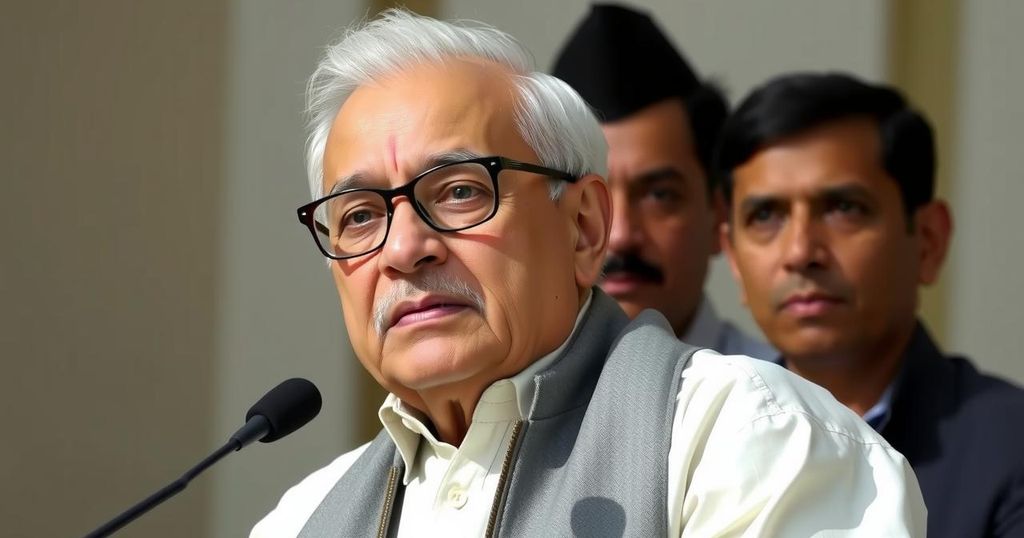Manmohan Singh’s economic policies were deeply influenced by his academic training in economics. His tenure as Prime Minister marked a significant shift towards liberalization, leading to the reduction of poverty for 271 million people. The insights gained from his doctoral thesis informed his approach to economic reforms, which played a key role in enhancing India’s global economic standing.
Former Prime Minister Manmohan Singh’s policies were significantly shaped by his academic background, particularly his profound understanding of economics. His tenure as Prime Minister marked a pivot towards liberalization, emphasized by a commitment to social safety nets for vulnerable populations. This strategic approach led to the remarkable achievement of lifting 271 million individuals out of poverty between 2005-06 and 2013-14.
Singh’s academic journey included a D. Phil from the University of Oxford’s Nuffield College, where he studied under the esteemed economist Professor Ian Malcolm David Little. This academic connection is notable, as Little had earlier influenced Indian economic policymaking, contributing to the development of India’s first five-year plans during the socialist era. Moreover, Singh’s thesis on India’s export trends reflects his belief that enhancing export performance was essential for fostering sustained economic growth.
In his thesis, “India’s Export Trends and Prospects for Self-Sustained Growth,” Singh scrutinized the stagnation of export earnings in India from 1951 to 1960, arguing for a shift from import-substitution policies to export-promotion industrialization. This foundational work was instrumental in shaping Singh’s economic philosophy. The ideas he proposed in the 1960s laid the groundwork for the significant reforms he executed in 1991 when he devalued the rupee and enhanced India’s competitiveness in global markets.
Singh’s reforms underlined a deliberate move away from protective measures that had previously stifled export growth. By reducing import tariffs and eliminating trade barriers, Singh integrated India into the global economy, ultimately increasing foreign reserves from a precarious $1 billion in 1991 to an impressive $25 billion within a few years. His legacy is one of promoting liberalization with an emphasis on inclusivity, as evidenced by the reduction of poverty levels during his terms.
In conclusion, Manmohan Singh’s economic policies were a direct reflection of his academic insights and commitment to progressive economic strategies. His foresightedness not only helped steer India away from economic crisis in 1991 but also established the foundation for a more liberalized and competitive economy. The dual focus on growth and social safety nets remains a hallmark of his legacy.
Manmohan Singh, who served as India’s Prime Minister, is recognized for his pivotal role in transforming India’s economy through liberalization. With a strong academic foundation in economics, Singh implemented critical reforms that shifted India’s economic policies from protectionism to a focus on globalization and export promotion. His understanding and analysis of trade policies provided insights that informed his decision-making process during a critical period in India’s economic history.
Manmohan Singh’s policies exemplify the impact of academic rigor on effective governance. By merging his scholarly insights with pragmatic economic strategies, he facilitated significant reforms that not only averted a fiscal crisis but also alleviated poverty for millions. His legacy underscores the importance of informed policy-making in achieving sustainable economic growth.
Original Source: www.hindustantimes.com






